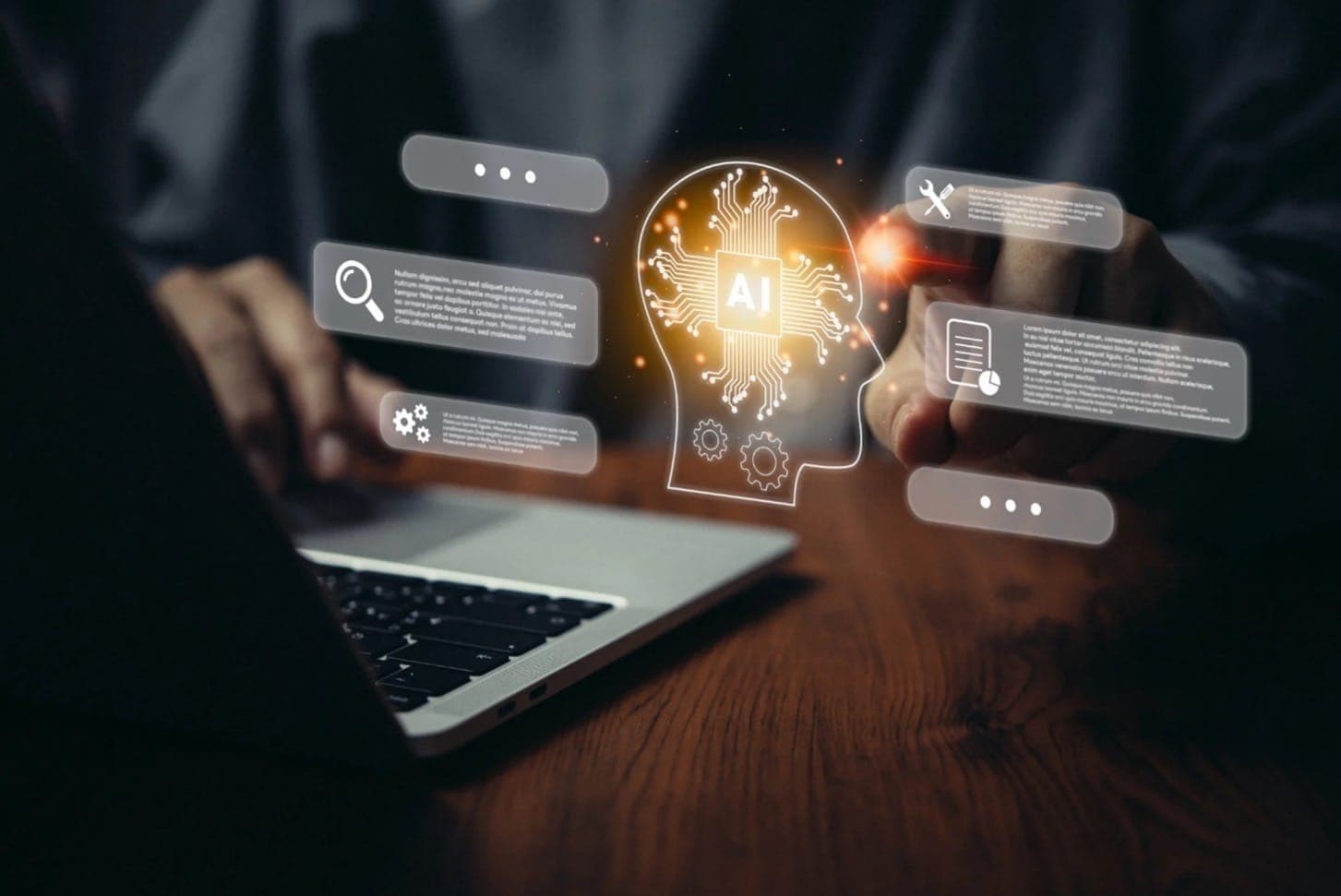
AI's Game-Changing Potential for B2B Market Research
B2B market research is on the brink of a transformative era, thanks to the potential of artificial intelligence (AI). This game-changing technology is not just a buzzword but a tangible reality set to redefine how market researchers conduct, analyze, and implement market research. AI's impact will be felt across all aspects of the research process, from data collection to quantitative and qualitative analysis, promising to reshape the landscape for market research firms and their clients worldwide.
Enhancing Precision and Speed in Data Collection
Data collection supporting B2B market research is one area undergoing a significant transformation, propelled by the advent of AI. AI-driven tools empower research firms to automate the process of gathering data from many sources, including social media platforms, company websites, and industry reports, thereby overcoming the traditional limitations of data collection. AI is not just streamlining the data collection process; it is revolutionizing it, enabling a level of swiftness and accuracy that was previously difficult and costly to reach and instilling confidence in the reliability of the data collected.
The evolution in data collection driven by AI is not just about speed but also precision and refinement in capturing relevant information. AI tools are designed to navigate the digital expanse, finding and extracting data points most pertinent to specific B2B market research goals. This capability is crucial given the overwhelming amount of online information. By harnessing AI, market research firms can efficiently distill this data into actionable intelligence, ensuring the insights derived are accurate and directly applicable to clients’ strategic goals.
Furthermore, incorporating AI in data collection can reduce the margin for human error, a factor that has historically compromised the reliability of market research data. AI-driven processes ensure a level of detail and accuracy that human researchers, constrained by time and resources, could struggle to achieve, providing a reassuring level of accuracy in the data collected.
AI’s Impact on Analyzing Quantitative Data
The efficiency introduced by AI in handling vast volumes of data speeds up the analysis process and ensures a high degree of precision in the insights obtained. This rapid turnaround is crucial for businesses that adapt quickly to market changes and customer feedback.
The capacity of AI to process and analyze data at this accelerated pace eliminates the bottlenecks traditionally associated with manual data analysis, facilitating a smoother, more efficient workflow. As AI continues to refine these processes, market research firms are positioned to craft more streamlined data collection and analysis approaches, enabling them to harness faster insights with unprecedented efficiency for their clients.
AI's integration into B2B survey methodologies may also solve data accuracy and bias challenges. By leveraging advanced algorithms, these intelligent systems can perform an essential role in automating data cleansing and normalization, eradicating human-induced discrepancies that are often a concern with manual processes. AI's sophistication also extends to its ability to identify and neutralize biases embedded in survey questions or how responses are collected.
In addition, AI analytics can uncover subtle patterns and anomalies within the data that might escape human analysis, highlighting areas where biases could distort conclusions. By applying a consistent and objective lens to evaluating survey responses, AI tools may safeguard against the introduction of prejudiced viewpoints or assumptions. Through the proper application of AI, conclusions can be derived from B2B surveys, which provide unprecedented confidence in the data's validity and impartiality.
AI’s Impact on Analyzing Qualitative Data
Predictive analytics, powered by AI-based learning algorithms, are now at the forefront. They offer researchers the capability to interpret current market data and forecast future trends with unprecedented precision. This shift towards predictive modeling represents a profound change in how market research is conducted, moving from a reactive to a proactive stance.
Equally transformative is the role of natural language processing (NLP) in analyzing qualitative data. Complex insights gleaned from open-ended survey responses, social media discourse, and other textual sources are now more accessible. NLP technology breaks down the barriers posed by qualitative data's voluminous and unstructured nature, converting it into analyzable, actionable insights. This enhances the depth and breadth of market understanding, enabling businesses to capture the subtleties of consumer sentiment and preference that elude more traditional analytical tools.
The advent of AI in B2B market research signifies more than just a shift; it is transformational, reshaping how businesses gather, analyze, and leverage data. As we have journeyed through the various facets of AI's impact—from enhancing data collection to revolutionizing qualitative and qualitative data analysis—the overarching narrative is clear: AI is not merely a tool but a transformative force that propels market researchers towards unprecedented insights and strategic foresight.

